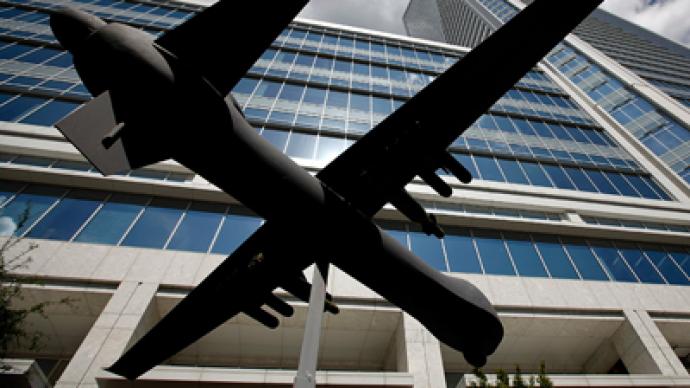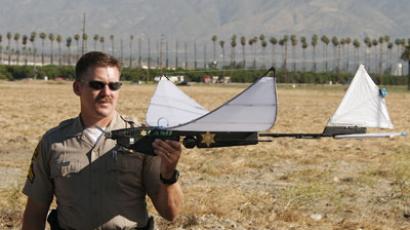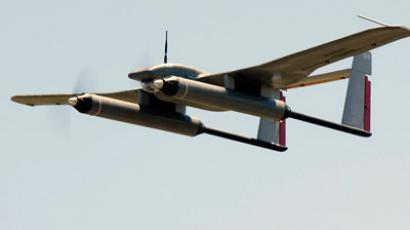Florida legislators vote to ban spying with drones

A Florida senate panel has voted to ban state police from using drones to spy on citizens. But several exceptions to the ban will ensure that the skies of the Sunshine State are not entirely drone-free.
The Freedom from Unwarranted Surveillance Act will limit law enforcement’s ability to use drones to gather evidence against suspects. Any such evidence would be made inadmissible in a court of law, and citizens would be able to sue agencies that violate the rules.“I support the use of drones to kill terrorists in Afghanistan and Iraq, but not to monitor the activities of law-abiding Floridians,” Republican Senator John Negron said after the bill he sponsored flew through the Criminal Justice Senate Subcommittee.“This bill will protect the privacy of our citizens while providing law enforcement the tools necessary to respond to emergencies,” he continued.The panel amended the bill to allow for exceptions, such as when a warrant has been signed by judge or if “exigent” circumstances exist, including "reasonable suspicion that under particular circumstances, swift action is needed to prevent imminent danger to life or serious damage to property, or to forestall the imminent escape of a suspect or the destruction of evidence."The bill also includes an exception for terrorism-related searches, though the deployment of drones will only be allowed if the secretary of the Department of Homeland Security cites a credible intelligence risk and grants prior authorization.Currently, Florida’s Miami-Dade Police Department is the only state law enforcement agency equipped with drones, though a Senate staff analysis revealed that they have rarely used them.Last year, Congress empowered the Federal Aviation Authority (FAA) to grant governmental public safety agencies the permission to use drones.The FAA has received at least 60 applications for drone deployments in the US; this month alone, the agency approved 348 drones for domestic use. While the bulk of the unmanned aerial vehicles (UAVs) are being used along the Mexican border to help law enforcers curb illegal immigration, there are fears that drones could be against civilians on a national level in the future.The sheriff’s office in Orange County, Florida, has already experimented with two domestic surveillance drones it plans to use over metro Orlando starting this summer, the Orlando Sentinel reported on Monday. The unarmed drones would be used to track down criminals, terrorists and illegal immigrants, and for environmental monitoring and wildfire surveillance, according to the Congressional Research Service (CRS).“Technology has pushed us into a new frontier in privacy, and the principles behind Senator Negron’s bill establish guideposts for how to keep Floridians both safe and free in this new era,” Howard Simon, executive director of the American Civil Liberties Union (ACLU) of Florida, said in a statement.Simon explained that the ACLU has serious concerns about how the unregulated and warrantless use of drones, coupled with the rapidly evolving development of surveillance technology, has rendered obsolete the traditional legal mechanisms protecting individual privacy.“Strict controls are needed to help guide law enforcement in using surveillance technology. Without those limits, we risk inching further into a society under constant and permanent surveillance,” Simon continued.The measure has several more hurdles to cross in the Florida Senate before coming into effect. The bill will need to be approved by the Judiciary Committee, a budget subcommittee and the full Appropriations Committee. The bill has been filed in the Florida house, though it has yet to be referred to any committee.














